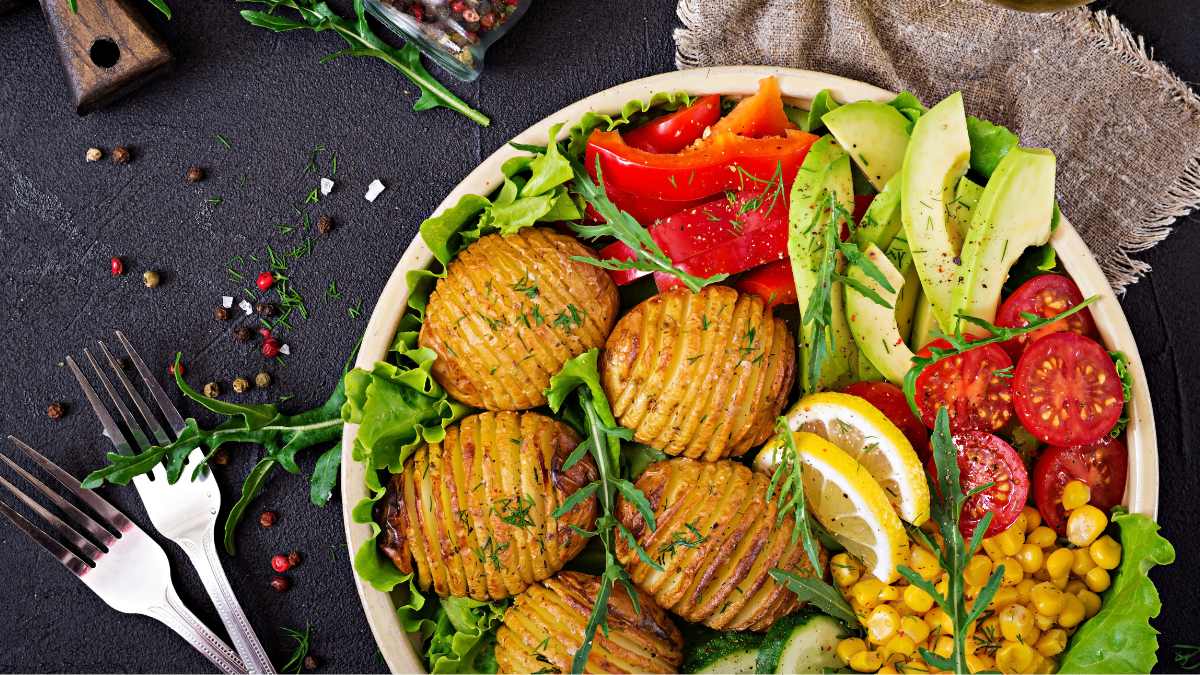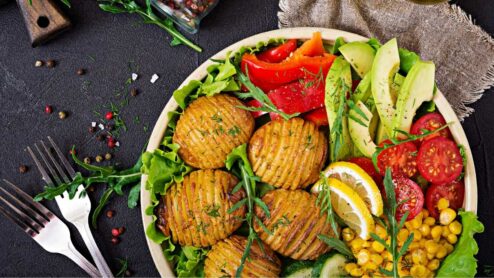Introduction: The rise of vegetarianism has led many individuals to scrutinize their food choices more closely. While fruits, vegetables, grains, and legumes are clear options, the suitability of processed snack foods like Cheetos can be more ambiguous. This article aims to explore whether Cheetos are appropriate for vegetarians by examining their ingredients, potential animal-derived components, cross-contamination risks, and nutritional considerations.
Introduction to Vegetarian Diets and Snack Foods
Vegetarian diets exclude meat, poultry, and fish, but they can vary widely in terms of other animal products. Some vegetarians consume dairy and eggs (lacto-ovo vegetarians), while others avoid all animal-derived products (vegans). Given this diversity, the suitability of certain snack foods can be complex.
Snack foods are often processed and can contain a variety of ingredients, some of which may be derived from animals. This makes it essential for vegetarians to read labels carefully and understand what each ingredient entails. For popular snacks like Cheetos, the question of whether they fit into a vegetarian diet is not straightforward.
Cheetos, a well-loved brand of cheese-flavored snacks, are produced by Frito-Lay. They come in various flavors, each with a unique ingredient list. Determining whether these ingredients align with vegetarian principles requires a detailed analysis.
Understanding the ingredients and production processes of Cheetos can help vegetarians make informed decisions about including these snacks in their diet. This article will delve into the specifics of Cheetos’ ingredients and production methods to provide clarity.
Ingredients Analysis of Cheetos Products
Cheetos are primarily made from cornmeal, vegetable oil, and cheese seasoning. The cheese seasoning is where most of the complexity arises, as it contains multiple components that may or may not be vegetarian-friendly. Common ingredients in Cheetos’ cheese seasoning include cheese, whey, buttermilk, and various flavorings and colorings.
Cheese, a primary ingredient in Cheetos, is made from milk. While milk itself is acceptable for lacto-vegetarians, the enzymes used in cheese production can be problematic. Traditional cheese-making often uses rennet, an enzyme derived from the stomach lining of calves, which is not vegetarian.
Whey, another common ingredient in Cheetos, is a byproduct of cheese production. Like cheese, the vegetarian status of whey depends on the rennet used in the cheese-making process. If the cheese is made with animal-derived rennet, the whey is not vegetarian.
Additionally, Cheetos contain various artificial and natural flavorings and colorings. Some of these additives can be derived from animal sources, making it essential to investigate each component’s origin to determine the product’s overall suitability for vegetarians.
Animal-Derived Ingredients in Cheetos
The presence of cheese in Cheetos raises questions about the source of the rennet used in its production. While some cheeses are made with microbial or vegetable rennet, which are suitable for vegetarians, many commercial cheeses use animal-derived rennet. Without specific information from the manufacturer, it is challenging to ascertain the type of rennet used in Cheetos.
Whey protein, another ingredient in Cheetos, is similarly dependent on the rennet used in the cheese-making process. If the whey is derived from cheese made with animal rennet, it is not vegetarian. This uncertainty makes it difficult for vegetarians to confidently include Cheetos in their diet.
Natural and artificial flavors in Cheetos can also be derived from animal sources. For example, some natural flavors are extracted from animal products, and certain artificial flavors may use animal-derived substances in their production. Without detailed ingredient sourcing information from Frito-Lay, the vegetarian status of these flavors remains unclear.
Color additives, such as annatto and artificial dyes, can also pose concerns. While many color additives are plant-based or synthetic, some may use animal-derived ingredients or be processed using animal products. This further complicates the determination of whether Cheetos are suitable for vegetarians.
Cross-Contamination Risks in Cheetos Production
Cross-contamination is another factor vegetarians must consider when evaluating processed foods like Cheetos. Even if a product’s ingredients are vegetarian, it may be produced in facilities that handle non-vegetarian items, leading to potential contamination.
Frito-Lay, the manufacturer of Cheetos, produces a wide range of snack foods, some of which contain meat or other animal-derived ingredients. The risk of cross-contamination in such facilities can be significant, particularly if strict segregation practices are not in place.
While many manufacturers implement cleaning protocols to minimize cross-contamination, these measures are not foolproof. Trace amounts of non-vegetarian ingredients can still end up in ostensibly vegetarian products, posing a concern for strict vegetarians.
For vegetarians who are particularly sensitive to cross-contamination, it is essential to contact the manufacturer directly to inquire about their production practices. This can provide additional assurance about the vegetarian status of products like Cheetos.
Nutritional Considerations for Vegetarians
Beyond ingredient analysis, vegetarians should also consider the nutritional profile of Cheetos. While these snacks may be vegetarian-friendly, they are not necessarily a healthy choice. Cheetos are high in calories, fat, and sodium, with minimal nutritional value.
Vegetarians, like all individuals, should aim for a balanced diet rich in fruits, vegetables, whole grains, and proteins. Relying on processed snacks like Cheetos can lead to nutritional imbalances and deficiencies, particularly in essential nutrients like protein, fiber, vitamins, and minerals.
For vegetarians seeking convenient snack options, there are many healthier alternatives available. Nuts, seeds, fruits, and vegetables can provide essential nutrients without the added fats, sugars, and sodium found in processed snacks. These options can help maintain a balanced and nutritious diet.
While occasional indulgence in snacks like Cheetos is not inherently harmful, it is crucial to consume them in moderation. Understanding their nutritional content and potential impact on overall health can help vegetarians make informed choices about their diet.
Conclusion: The question of whether vegetarians can eat Cheetos is complex and depends on various factors, including the source of ingredients, potential cross-contamination, and nutritional considerations. While some Cheetos products may be suitable for lacto-vegetarians, the uncertainty surrounding animal-derived ingredients and production practices makes it challenging to provide a definitive answer. Vegetarians should carefully read labels, contact manufacturers for detailed information, and consider healthier snack alternatives to ensure they maintain a balanced and nutritious diet.
More Information
- Frito-Lay’s Ingredient Information: Frito-Lay – Detailed ingredient lists and allergen information for Cheetos products.
- Vegetarian Resource Group: VRG – Information on vegetarian cheeses and the types of rennet used in cheese production.
- FDA Food Additive Status List: FDA – Comprehensive list of food additives and their sources.
- Academy of Nutrition and Dietetics: EatRight – Information on vegetarian diets and nutritional considerations.
- Cross-Contamination in Food Production: Food Safety Magazine – Insights into cross-contamination risks and prevention in food manufacturing.


